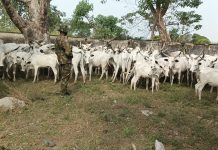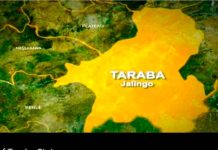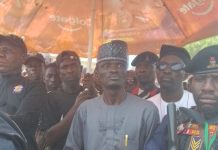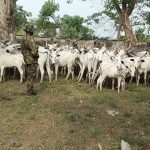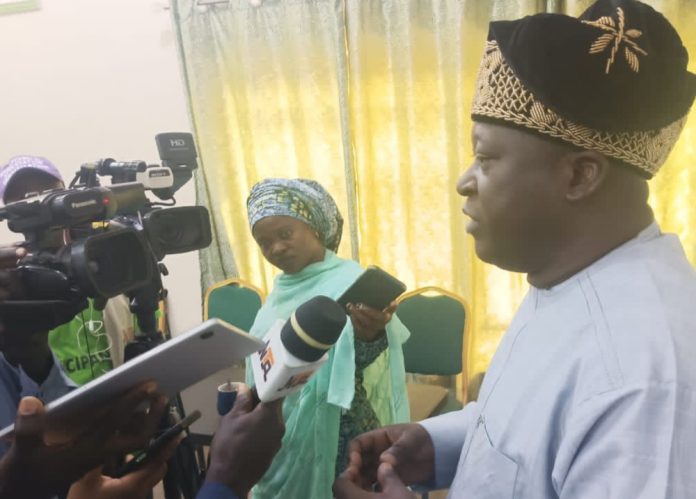
L-Press Project trains CLSP to boost livestock productivity in Taraba
Jethro Yerga, Jalingo
In order to help support and improve livestock farming practices within communities, the Taraba State Livestock Productivity and Resilience Support Project (L-PRES Project), a livestock-centered intervention project of the World Bank, has trained personnel in Taraba State who would offer various services to support livestock farmers and communities in Taraba State to improve their livelihoods.
Speaking at a ceremony organised to mark the commencement of the programme, the State Project L- PRES, Mr. Hananiag Albert disclosed that the training was the sixth in the series of trainings lined up in their 2023 Annual Work plan and Budget (AWPB).
Mr Hananiag stated that L-PRES Project Implementation Unit (PIU), decided to train its Divisional Livestock Officers (DLOs) as CLSPs because they are the closest links to the communities to improve productivity of selected classes of livestock, sustain the resilience of livestock farmers and encourage the commercialization of their productive activities as well as build the capacity of authorities at the National, Sub-national and Local levels to respond to eligible crises between crop farmers and livestock rearers
He noted that the essence of the training was for the trainees to inturn, disseminate the knowledge they would acquire to their various communities to help support and improve livestock farming practices within communities.
The Coordinator identified the services to be rendered by the trainees to include animal health care, livestock exte,(training and education), breeding and genetics support, livestock feeding and nutrition advice, and general assistance with livestock management practices among other services to help improve the Productivity, health and sustainability of of livestock
“This is important and strategic to the L-PRES Project Implementation because of the critical roles that livestock plays in the livelihoods of many community dwellers, especially in rural agricultural areas.
“Nigerians raise a wide array of livestock, of which, cattle, sheep, goats, pigs and poultry are the most important species, beside others. These species of livestock are strategic for the national economy and individual livelihoods. In particular, smalholder livestock farmers predominantly own cattle, sheep and goats, which account for over 83% of Nigeria’s Tropical Livestock Units (TLUS).
“For us in Taraba State, our livestock value chains (LVCs) in the project include: cattle, sheep, goats, poultry and all activities including, but not limited to production, animal products processing, feeds supplying, pasture establishment, livestock equipment supplying, animal genetic improvement supplying, animal drugs and vaccines supplying, livestock transportation and livestock marketing”. He stated
In their seperate goodwill messages, the Director of Livestock Services, Mr Atsorga Mbaamo Dauda and that of Planning, Research and Statistics, Yohana Bulus as well as the Director Vetinary Services, Dr Peter Nenshi of the Taraba State Ministry of Agriculture, all stressed the importance of the training and encouraged the trainees to ensure that they deciminate the knowledge they acquire during the training to the grassroot
Meanwhile, the resource person, Tangsom H. Chama of the Department of Science, Taraba State University Jalingo, who took the trainees on Good Animal Husbandry Practices, charged all the trainees to be advocates of sustainable good care of animals as they returned to their various communities




